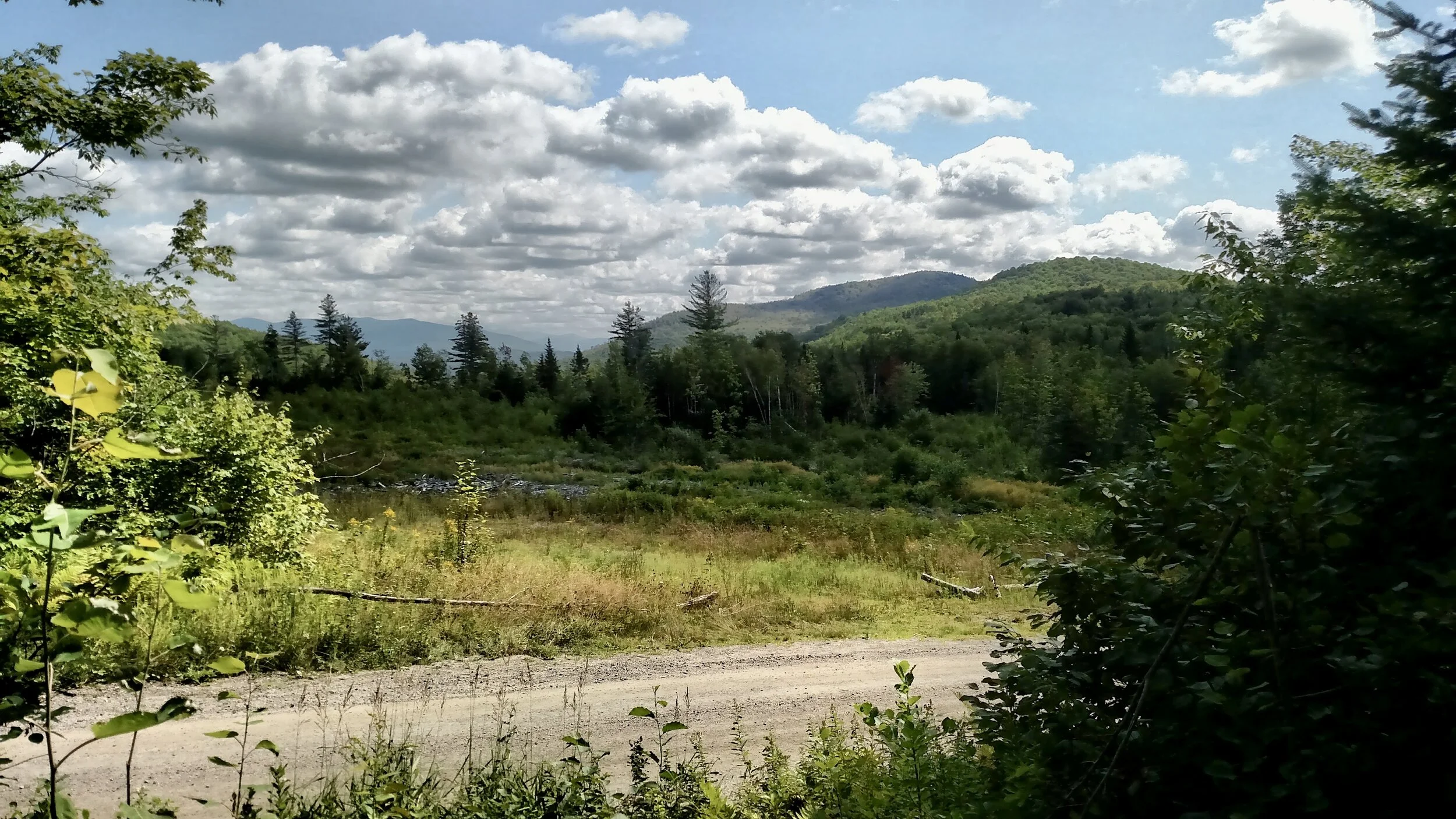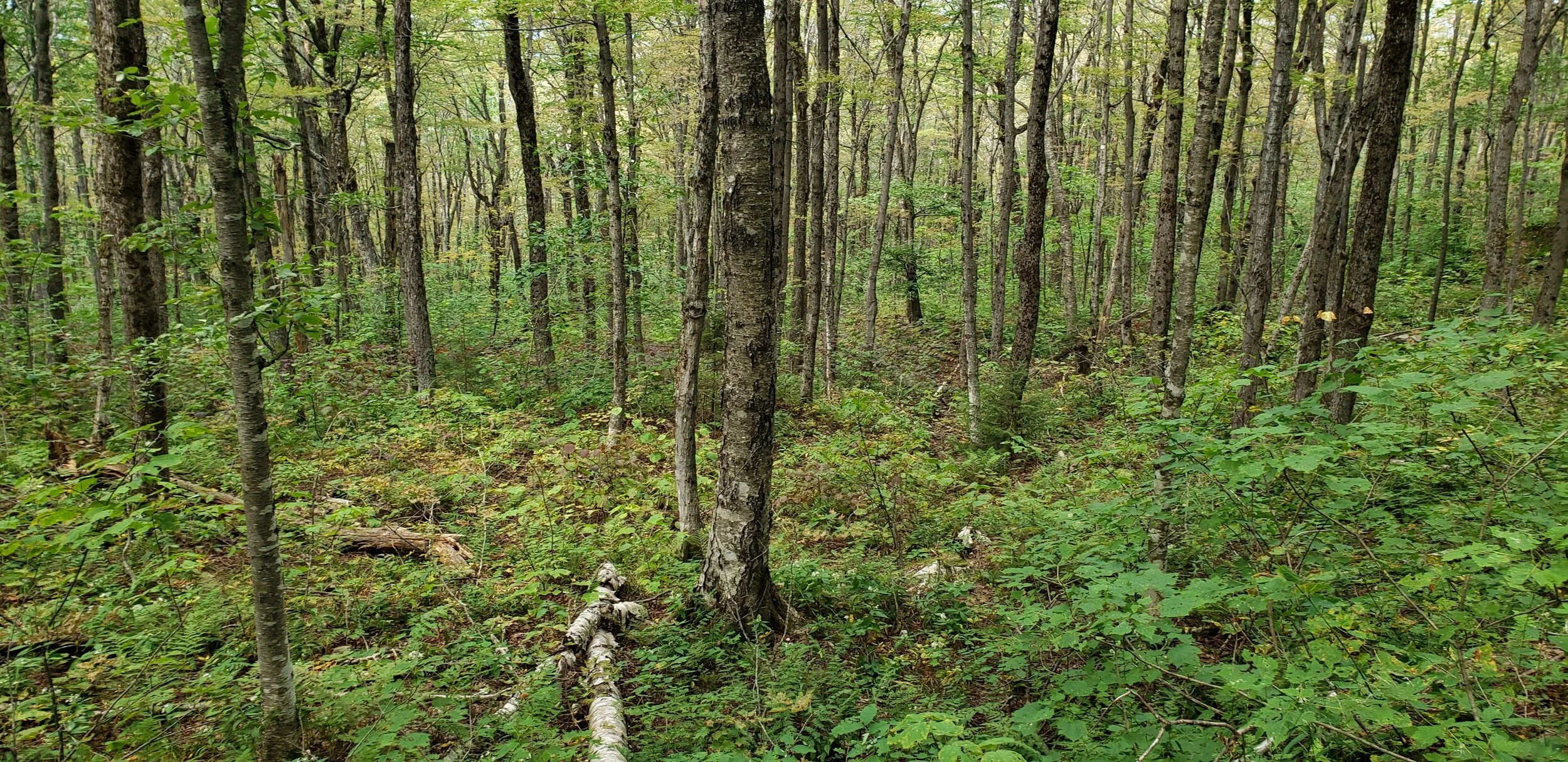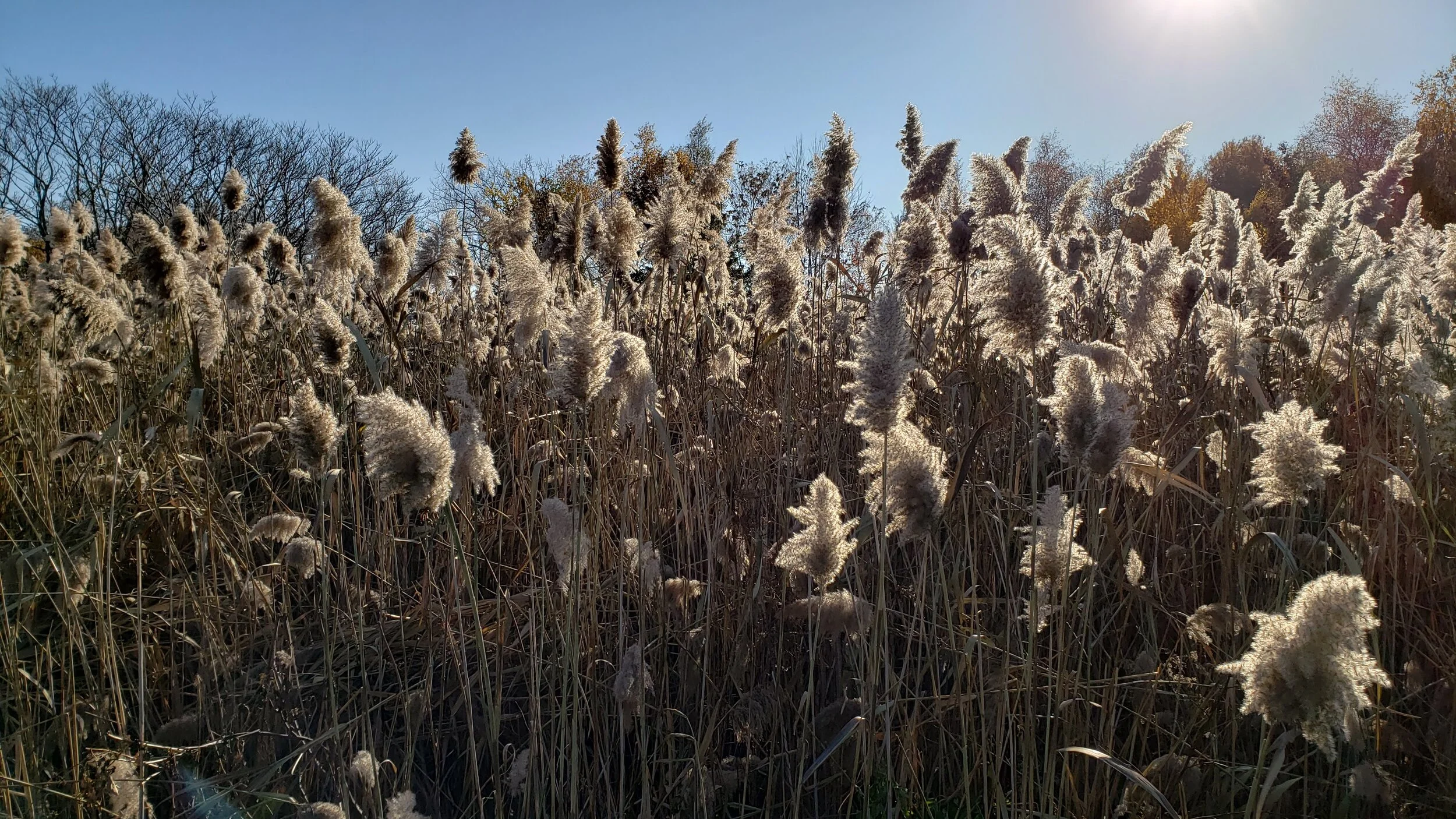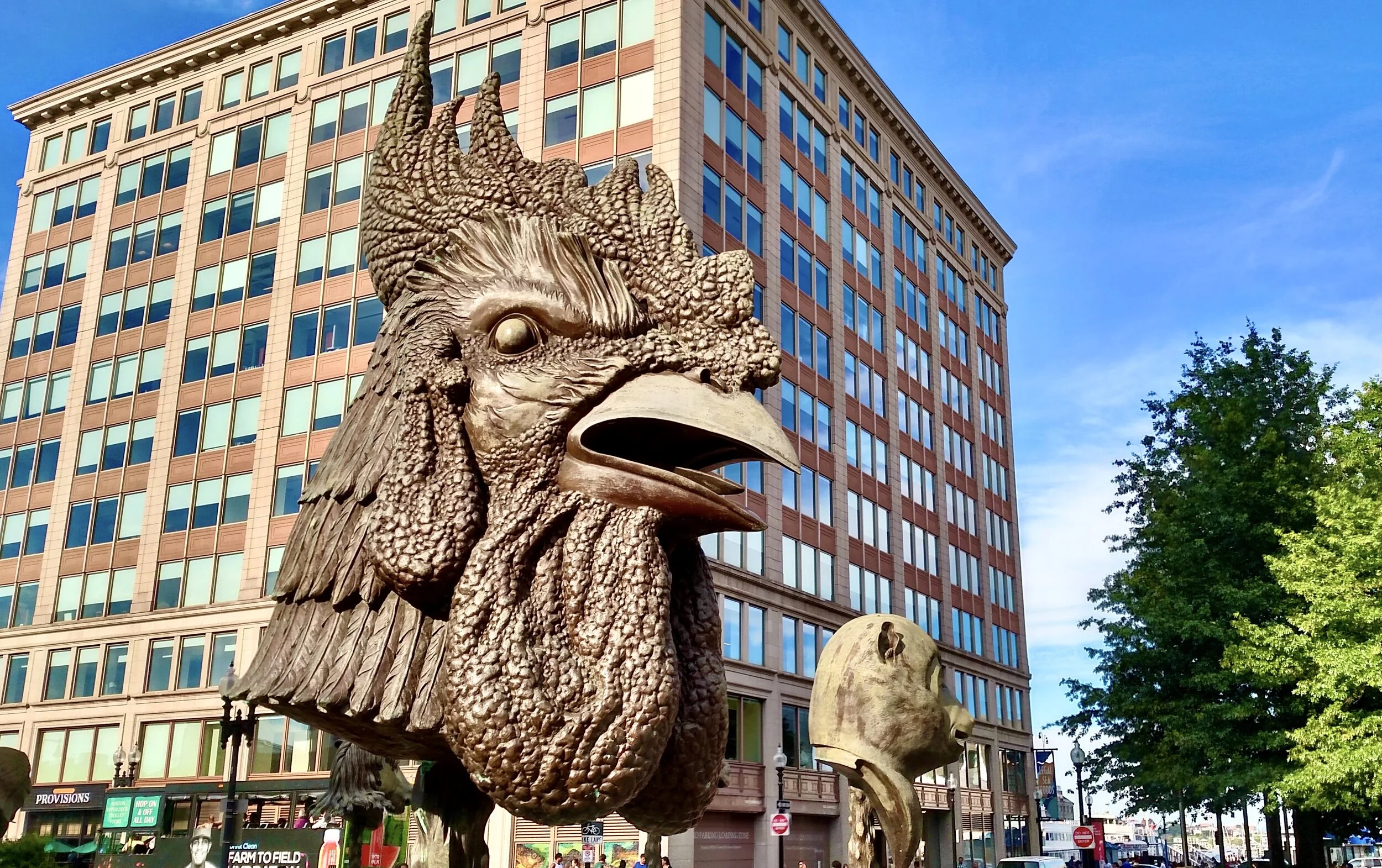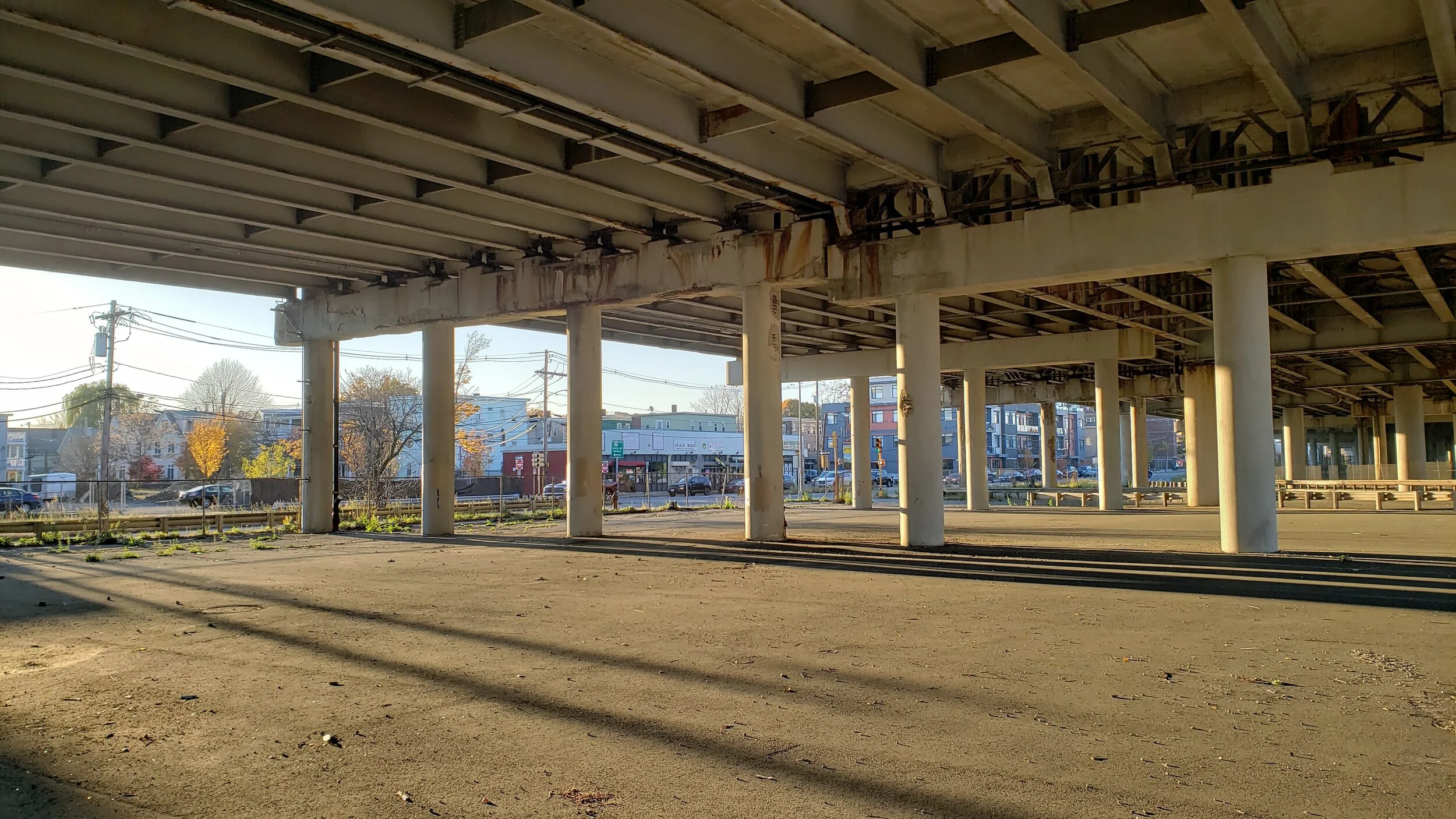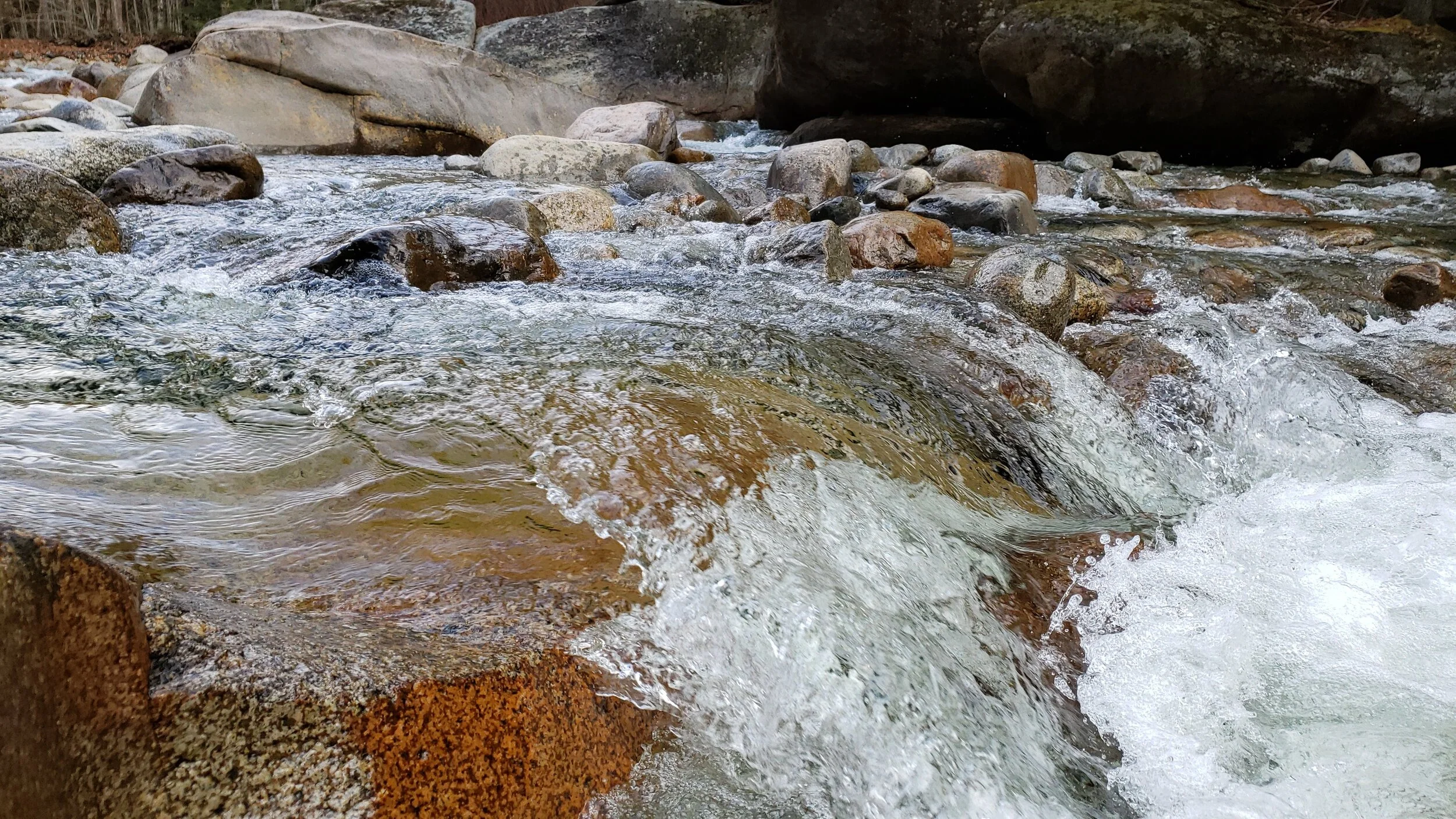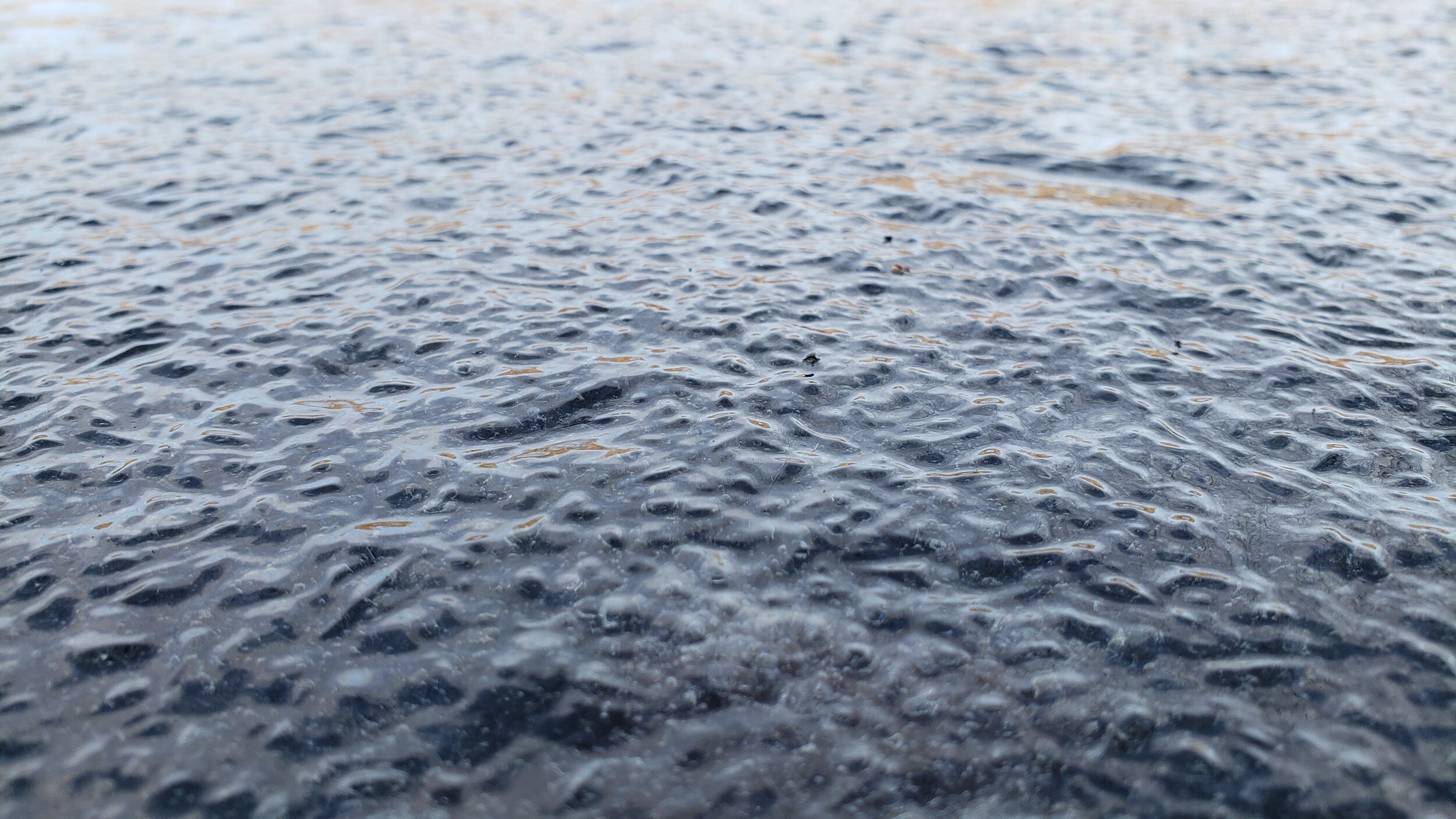
Resources
You & Self-Discovery
Part of what therapy helps us do is to grow into new perspectives, and the same is true about education. These resources might help make sense of what you’re dealing with. You don’t have to devour the library to make therapy work, but you may find reading helps. I’ve also included some shows, podcasts, or other resources that I can recommend.
None of these lists or suggestions are intended to be exhaustive. It’s just intended to get you started. Some are easy reads, and some are academic if you want to dive deep. I’ve tried to organize these suggestions by general topic, but it may come as no surprise that it’s all connected. If you know a good book that I don’t mention, then please share it with me and let me learn along with you. Want more to read? Just ask.
If you’re someone who found your way here because you’re thinking about therapy— first of all, welcome!— these books may give you some ideas about how I approach the work. If you’re hesitant about this whole “therapy thing,” reading may help you get more curious and comfortable. In the same way you can’t build a house with just one tool, you may not be able to deal with your stuff with just one approach. Reading is a perfectly good place to start.
About Therapy
Everything you see on TV and the internet is true… and if you believe that, then it may take more than therapy to sort your life out. Hollywood doesn’t do a very good job of giving a realistic portrayal. If you want to understand more about the theory and practice of therapy, these suggestions may help you imagine yourself “on the couch”. (Full disclosure: I have a couch, but almost no one lies down on it.)
About Families & Growing Up
If you stop to think about everything that goes into growing up, it can almost seem like a miracle that anyone makes it to adulthood intact. But the other side of it— being a parent— isn’t any easier. There are few things in life that we will ever do in which we have more responsibility, more passion, more angst, less training, and less guidance than parenting. Everyone is learning from everyone else.
Being Mindful
Common myths about mindfulness suggest that it’s a state of calm, or peace, or just a blank mind. But really it isn’t any of those things. Mindfulness is the ability for the mind to observe itself in all its buzzing, judgmental busy-ness. And when we can find a way to create space between our awareness and this mind-less chattering, we often feel better about ourselves and the world.
On Equity & Inclusion
Social inequalities and ecological exploitation are like air pollution— you can’t help but to breathe it in as part of your socialization. None of us chose these formative influences, but we can choose whether or not to engage or deny this legacy. And because therapy is all about wrestling with the questions of who we are and what choices we make, it is also a natural place to address internalized inequalities— regardless of the social coordinates that may describe you.
Because Awful Things Happen (Trauma)
Sometimes awful things happen in life, and we can spend a lifetime trying to make sense of it. The history of trauma scholarship is pretty complicated— and not always pretty. The field hasn’t always done a good job of understanding trauma, but there have been a lot of important advances and developments in the last 40 years. It’s a hard topic to wrap your head around, but these are some good books on where to start.
Because Books & People Are Amazing
There are some topics and questions that are so fascinating they defy easy categorization, yet they offer us a window onto the world. Therapy shouldn’t just be about not feeling “bad”. It’s about having a sense of human possibility and living up to our potential.
On Drugs & Alcohol
It’s a human tendency to look for pleasure and avoid pain. If we’re hurting and struggling, then it’s natural to look for something to take the edge off. This seduction can lead us into trouble when that involves substances. Every person figures out their own relationship with drugs and alcohol, whether that’s a choice to have “no contact” or to use frequently, often, or all the time— whichever comes first.
Living with Grief & Loss
Suffering is an unavoidable part of life because all good things will pass. Every hello promises a goodbye. Ultimately, there can be no joy in connection without the potential of loss. Grief can be life altering, and mourning is how we work through it.
Because Change Is Hard
If growth and change were easy, then frankly I wouldn’t have a job. Sometimes, you just want someone to spell it out for you. Unfortunately, most self-help literature is filled with gimmicks and pablum. How do you separate the wheat from the chaff? These are resources I can recommend.
